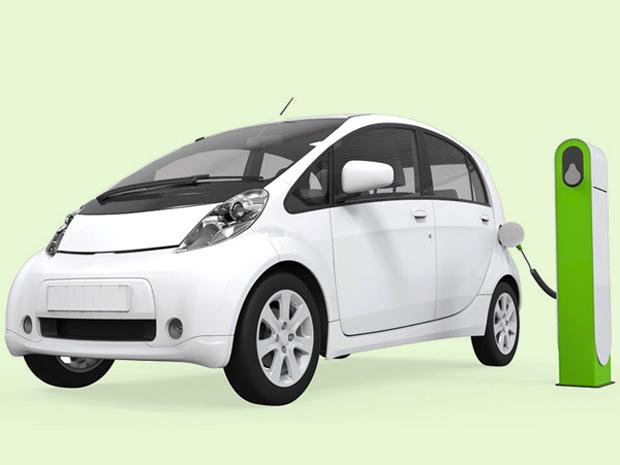To remedy this problem, Israeli startup StoreDot has developed a new type of battery that can be fully charged in just five minutes, which isn’t all that different from filling up your car at the local 76.
You may remember StoreDot from the group’s smartphone battery that was announced last year, which could go from zero to brimmed in as little as 30 seconds. Apparently, somebody at StoreDot asked the question, “What if we make the battery bigger?”

Of course, the company’s designs are more complex than that, but the electric vehicle ‘FlashBattery’ uses the same basic materials as its smaller smartphone counterpart — just scaled up considerably.
Instead of the typical lithium-ion technology you’ll find in EVs today, StoreDot’s unit employs safe, stable organic compounds packed into thousands of individual cells. A multifunction electrode uses a conductive polymer and metal oxide to trickle charge the cells, which are designed to produce very little heat. Because of this, the FlashBattery’s electrodes don’t degrade as quickly over time, resulting in an extended lifespan.
Additionally, StoreDot says the FlashBattery can withstand thousands of charge/discharge cycles (three times more than lithium-ion units), and can store enough energy for 300 miles of range. Before it can tackle the EV challenge, though, StoreDot plans to release its smartphone FlashBatteries to the public in the second half of next year. An prototype EV battery is expected toward the end of 2016.
Editors' Recommendations
- Should you buy a used EV? Maybe, but it’s complicated
- Bold style alone can’t muscle Chevy’s new Blazer EV to the head of its class
- The Hyundai Ioniq 5 N makes one of the coolest EVs ready for the track
- Big EVs are almost here: 7 upcoming electric SUVs we’re excited for
- How to maximize EV range in hot weather, according to the experts


